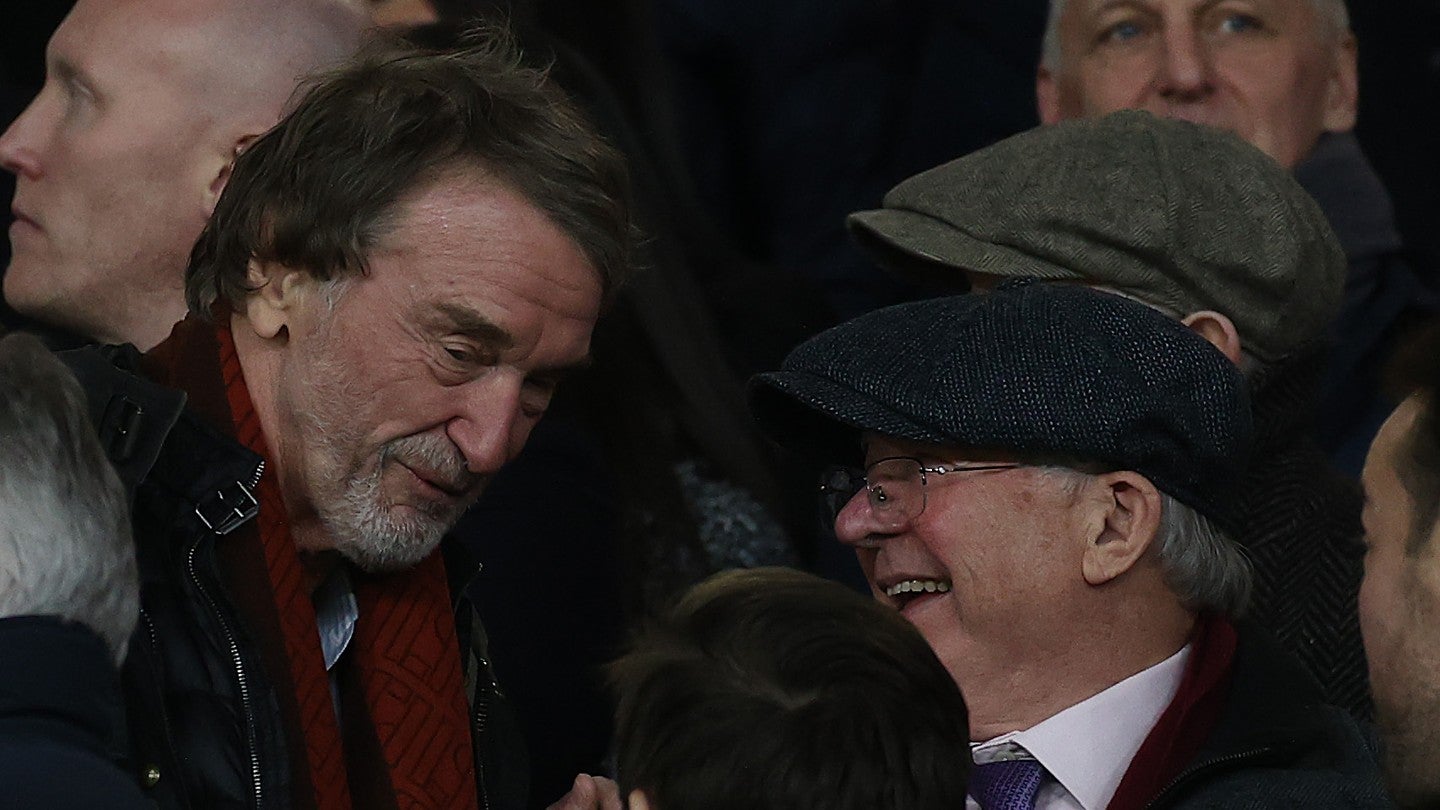
Jim Ratcliffe, the chairman and founder of petrochemical firm Ineos, was confirmed as part-owner of soccer giants Manchester United on Tuesday (20 February), reigniting the debate around sportswashing in the game.
Having “already plastered its brand all over cycling, sailing, football, running and rugby”, Ineos, the fourth-largest chemical company in the world, has been labelled as the “undisputed champion of sportswashing” by Areeba Hamid, Greenpeace UK’s co-executive director.
Campaigners have repeatedly criticised Ineos’ copious production of plastic, toxic pesticides and fossil fuels.
Yesterday (22 February), lawyers from 15 NGOs, led by ClientEarth, announced a lawsuit to stop Ineos’ $3bn project to build what would be Europe’s largest plastics facility in the Port of Antwerp.
Ineos is also one of the UK’s largest fracking firms, holding the rights to explore for shale gas beneath even Manchester United’s Carrington training ground.
Homegrown favouritism?
The Ratcliffe deal marks the end of a years-long saga over the sale of the English Premier League (EPL) side by the Glazer family, the current owners.

US Tariffs are shifting - will you react or anticipate?
Don’t let policy changes catch you off guard. Stay proactive with real-time data and expert analysis.
By GlobalDataIt also sees Ratcliffe add the team he supported in childhood to a growing list of Ineos-financed soccer clubs which includes French outfit OGC Nice and Swiss side Lausanne.
The purchase has been made possible by the fortune Ratcliffe has made since founding Ineos in 1998, with the Sunday Times placing him second on its annual UK Rich List in 2023 at a worth of £29.7bn ($37.7bn). Prior to that, he had held jobs at oil giants BP and Esso, chemicals firm Courtaulds and at private equity group Advent International. In 1992, he made the joint purchase of BP’s chemicals division Inspec, which he ultimately left to start Ineos.
Despite intentions to buy Manchester United outright, Ratcliffe eventually renegotiated with the Glazers to buy an initial 27.7% shareholding, rising to 29% by the end of 2024. He ultimately bested the Qatar-backed bid from 92 Holdings.
Hamid describes the battle between the 92 Holdings and Ineos-financed bids as a “dirty derby between entities linked to fossil fuels”.
But Conrad Wiacek, head of analysis at GlobalData Sport, believes the link between Ratcliffe, Ineos and Manchester United is “slightly opaquer”.
“Ineos technically aren’t involved in the ownership – Ratcliffe’s share is owned by Trawlers Limited,” Wiacek says. “However, even before his ownership was confirmed, speculation was mounting around how Ratcliffe might use his shareholding to benefit the wider Ineos business, especially when it comes to his support for fracking.”
Eyebrows have been raised over the EPL and Football Association’s (FA) willingness to authorise Ratcliffe’s bid ahead of his Qatari competition – as both have questionable environmental credentials.
Wiacek says claims of the EPL waving through Ratcliffe’s ownership bid are “problematic”, though.
“With the UAE and Saudi Arabia already owners, Ratcliffe’s minority stake cannot be blocked unless the EPL is going to consistently enforce this morality,” he says. “The FA have approved ownership groups from regimes with claims of human rights abuses such as Saudi Arabia, and have yet to act against Manchester City which some link to the UK government not wanting to tarnish relations with the UAE.”
At the time of writing, Ineos had not responded to a request for comment.
The latest episode in the soccer sportswashing saga?
Soccer itself has been influenced by Ineos long before Ratcliffe began buying up clubs.
According to The Athletic, Ineos produces chemicals and compounds including plastic used in artificial grass, stadium construction, seats, goal nets and boots, as well as rubber and PVC used in footballs.
Ratcliffe has already shown his desire to leverage his position as Manchester United part-owner for external benefit.
In an interview with the BBC on Wednesday (21 February), Ratcliffe said: “There is quite a big argument, in my view, for regenerating that whole south side of Manchester … the nucleus of it being a new stadium.”
🗣️ “I think there are two main issues in this club, one is performance on the field and the other one probably is the stadium.”
Sir Jim Ratcliffe wants to build a new stadium for Manchester United and the north west of England.#BBCFootball #MUFC pic.twitter.com/XYgtWQT5ol
— BBC Sport (@BBCSport) February 21, 2024
Involvement for Ineos in such a regeneration project would reap a massive financial reward – but the overarching concern is Ineos’ image purification through association with an internationally popular sports brand like Manchester United.
From Saudi Arabian investment in Newcastle United to Emirati dealings at Manchester City, soccer is awash with questions about clubs being used as sportswashing vehicles.
It has, according to Wiacek, left the sport “at a crossroads”, with fans, players and analysts wondering where morality fits in.
“Finding a moral billionaire is likely to be a challenge – most companies engage in questionable business practices, be that challenging labour laws, environmental laws or safeguarding issues when it comes to media consumption,” he says. “Fans seemingly don’t care as long as success follows, as evidenced by the position of Newcastle fans towards their ownership. If sports fans want to make morality a key consideration, then they have to fight for it, like they did when challenging the Super League.”
In a sporting landscape where even the most ethically switched-on fans make special exceptions for the questionable business practices by sponsors and owners of their own team, such a scenario seems distant.



